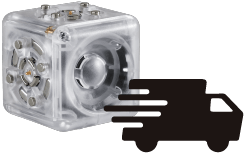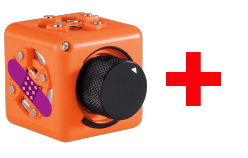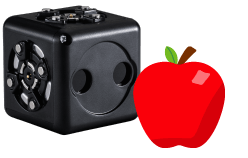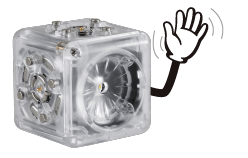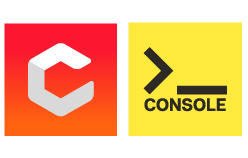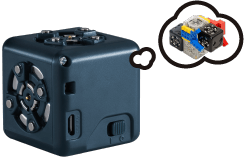If you want to become a better thinker, it’s time to get curious about complexity.
Suppose for a moment that you have the wrong definition of a word. In this post, we would like to suggest that you reconsider your definition of complexity. Sometimes to become a better thinker, you need to rework your mental definitions and concepts. Cognitive flexibility is a crucial attribute of creative problem solvers.
Most people tend to think of complexity as a synonym for complicated. Even Google defines complexity as a “state or quality of being intricate or complicated.” While this is a valid definition, there is a different and ultimately more helpful way to think about complexity. If you were to ask a complexity scientist – yes, they exist – for a definition of complexity, you might get something like this…
How a large collection of components – locally interacting with each other at small scales – can spontaneously self-organize to exhibit non-trivial global structures and behaviors at larger scales, often without external intervention, central authorities, or leaders.
In more simple terms – complexity is when a bunch of simple parts interact to create something unexpected.
Exposing more people to the curious nature of complexity is one of the main reasons why Cubelets robot blocks exist. They’re models for complex systems that instill intuitions about complexity through play. They’re also remarkable, flexible, easy-to-use STEM education tools that are loved by educators all around the world. You’ll find Cubelets helping educated kids in classrooms, museums, camps, libraries, makerspaces, and more.
For over a decade, significant institutions in the United States have been pushing the importance of STEM education. So, why bother with complexity? After all, there are no standards that state we need to teach kids about the importance of complex systems. Plus, Science, Technology, Engineering, and Mathematics are actual career paths. Who knows anyone who is a Complexineer? Or a Complexist? Complexecutive?
Complexity matters because some of our biggest problems involve complex systems. Climate change, economic recessions, invasive species, disease, poverty, and even pandemics are all results of complex systems. While we need the skills provided by a STEM education to create solutions, we think it is critical that kids also learn to think about complex systems creatively.
At Modular Robotics, we believe that giving kids models of complexity they can easily manipulate and experiment with is a great way to help them think differently. Seeing complex systems from new perspectives opens new paths for problem-solving, new opportunities for creative solutions. We hope that building a generation of young problem solvers, who view complexity in a new way, may help generate the solutions we need to solve some of our most significant and most perplexing problems.
Complexity Science is a new and emerging field of science that is finding exciting applications across multiple disciplines. Many of the field’s most compelling findings come from collaborations and cross-pollination between different intellectual disciplines – combining areas that were once viewed as separate. The insights from these efforts may have applications across multiple kinds of complex systems and help solve problems in various fields.
Try reading about concepts like emergence, interaction, dancing landscapes, self-organized criticalities, scaling, or fractal coefficients if you want to explore complexity. Each of these concepts will expose you to new ways of thinking and problem-solving.
If you’re nerds like us, you can learn more from some of the best minds in the field by visiting the website for the Santa Fe Institute or the Complexity Explorer online course. If you’re nerds like us, a US-based educator, and would like to play with Cubelets for yourself, request a free review kit! It’s a simple, easy way to try Cubelets robot blocks.











